Engineer questions additional costs, time for water utility improvements.
After a $43 million bond issue was approved by Columbia voters in 2018, another five years passed before the city’s finance department finalized the sale of the bonds and transferred the funds to the city in October 2023. The bond funds will be used to upgrade the McBaine Water Treatment Plant and restore the plant’s capacity to 32 million gallons of water per day.
The bond issue will also be used to extend the life of the McBaine facility and rebuild the West Ash pump station. In November 2023, Columbia City Council authorized the Water and Light Department to open the bidding process for the projects. Construction was expected to begin this summer on both projects.
While the budget for the water treatment plant was initially estimated at $23 million, the current budget is set at $37 million — $14 million above the estimate. The initial $3 million price tag for the West Ash pump station has also increased by almost $2.8 million.
One of the most vocal critics of the water plant financing project is former Water and Light Advisory Board member John Conway. While some of Conway’s complaints hold water, other statements that he has distributed to media via email and as a frequent speaker during City Council public comment sessions are not correct, according to city staff.
For instance, Conway contends that contracts for the water plant and pump station projects have yet to be awarded. Columbia Utilities Director Dave Sorrell says the contract for the water treatment plant is in place and that he expected the pump station contract to be awarded by the end of June.
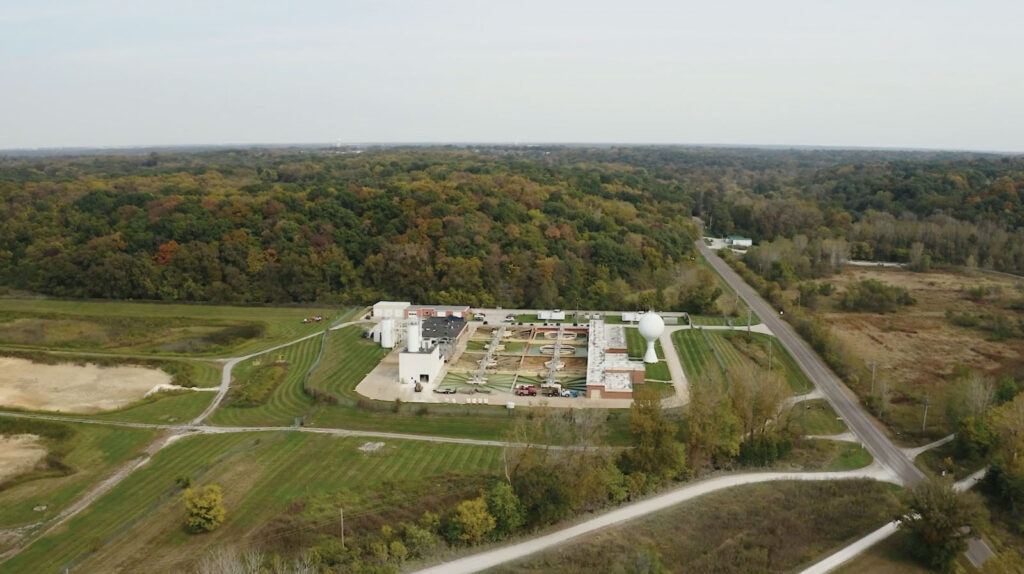
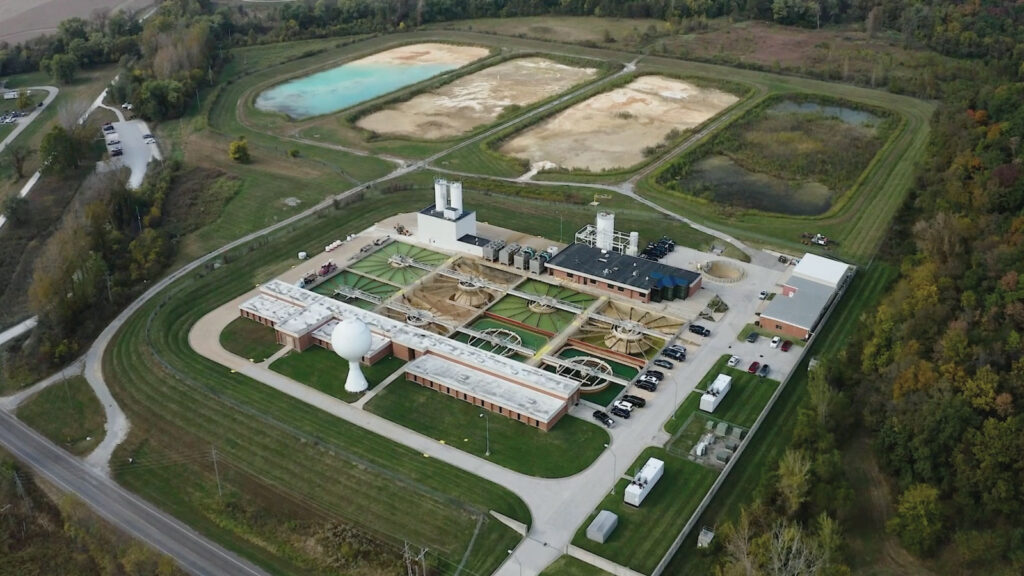
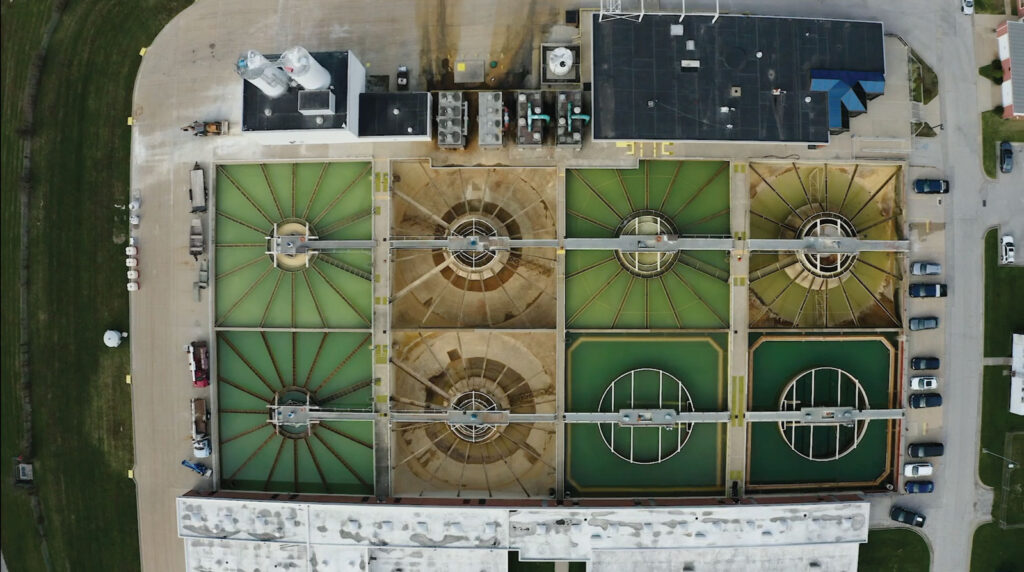
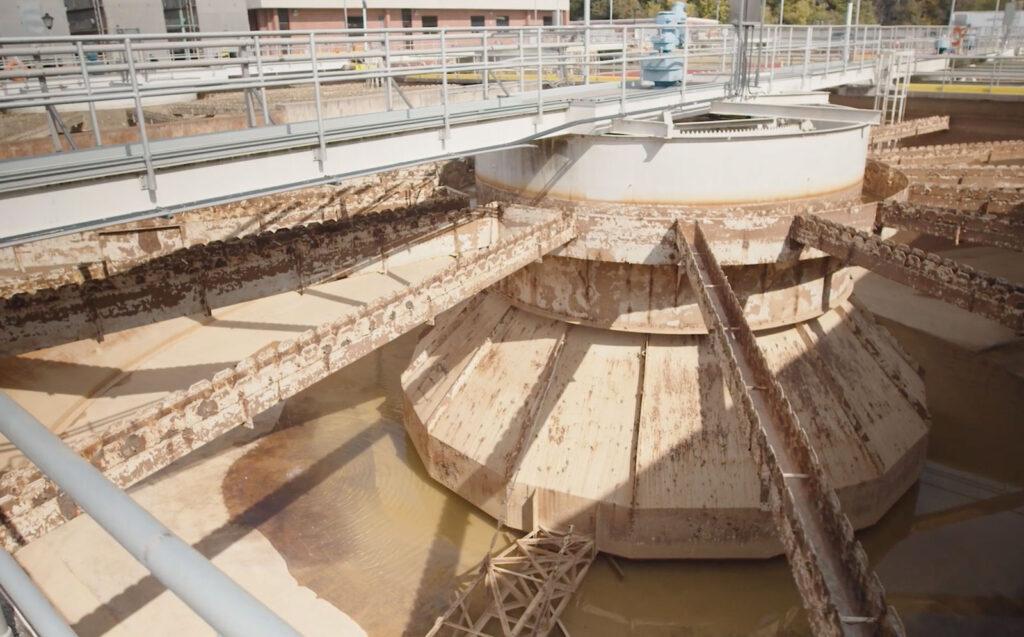
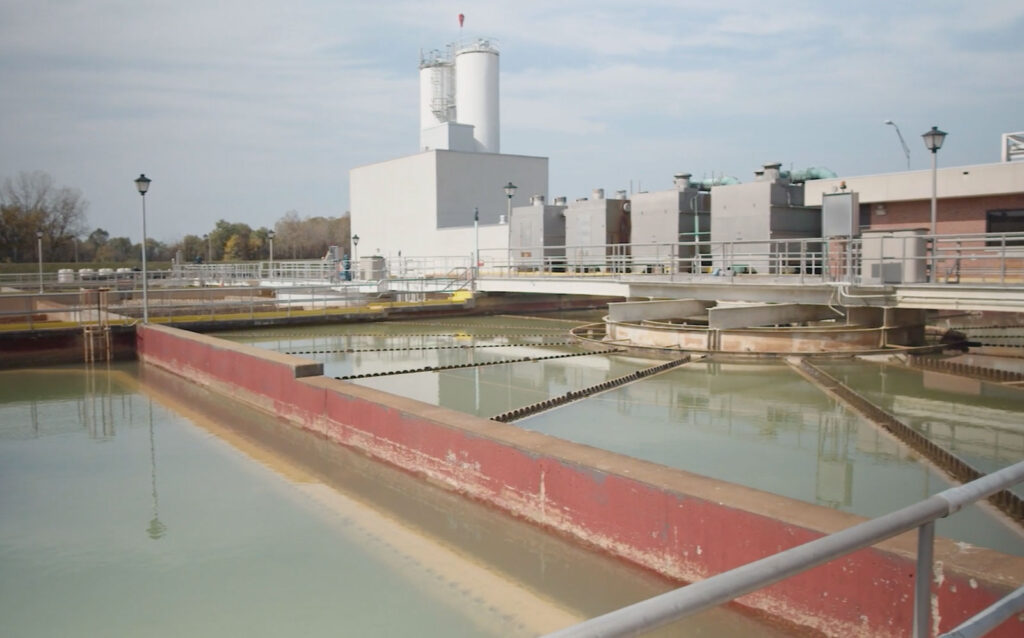
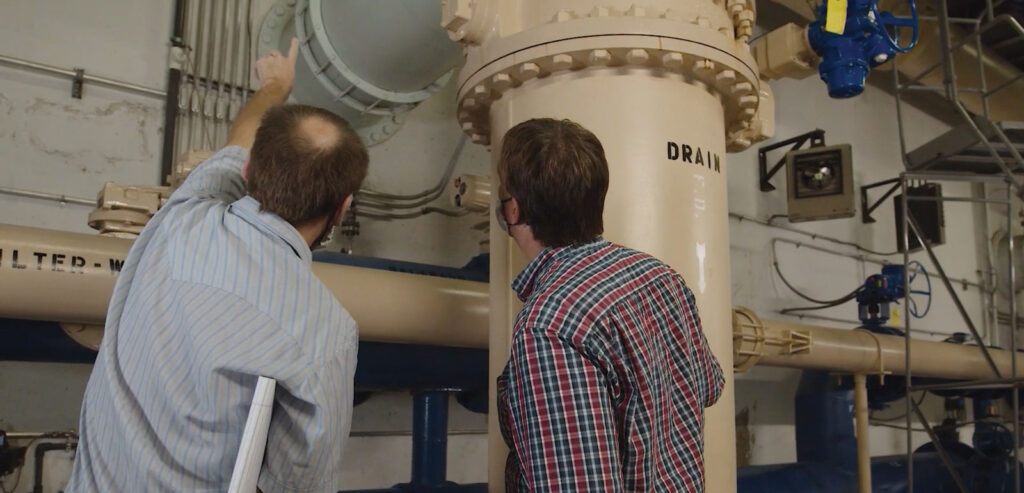
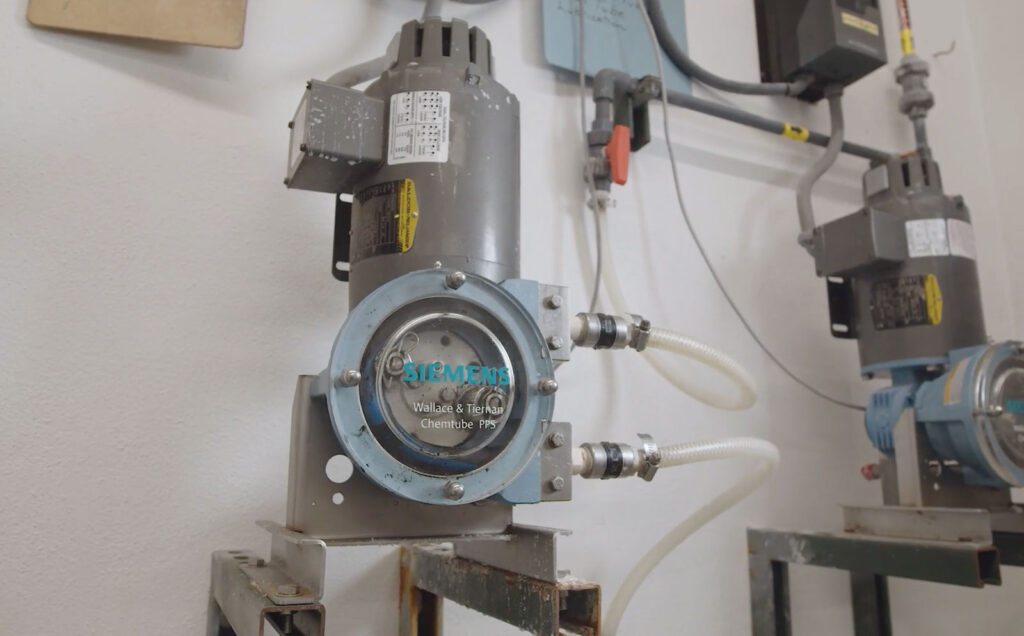
Red Flags?
Conway has raised multiple red flags about the process, the timeline, the price tag, and the dollars available to complete the projects.
With a 53-year career as a licensed professional engineer, and with most of that time focused on the design of public wastewater systems, Conway says he has developed a deep knowledge of designing and procuring funding for public water and wastewater systems. Combined with 28 years of service on the city’s Water and Light Advisory Board (WLAB), with about half that time spent as chairman of the board, Conway said he feels qualified to make observations and recommendations for the city.
Though Conway left the WLAB in June 2018, he has maintained an interest in the projects, and he has one key observation of the situation — the water bond issue was not sufficient to cover the cost of upgrades.
“I want to be cautious that this isn’t a means of blaming or getting after staff, but we need to be forthright about what we can do to make this more efficient and more effective for the future of the community,” Conway says. “Looking back towards 2018, as a means of problem solving, we need to reflect back and say what went wrong or what we could have done differently to make it better … They developed cost estimates that weren’t realistic from the outset.”
City officials do not argue the point about cost increases and estimates that missed the mark.
“The original cost estimates were developed in 2017 and were reasonable at that time,” Sorrell said in an email, noting that project costs have “significantly increased” since 2017 due to several years of inflation.
Sorrell also noted that due to cost escalations, “the bond funding is not sufficient to fund all the upgrades” proposed by the bond issue. Though Conway alleges that the shortfall caught city leaders off-guard and that discussions addressing the situation were not public, the city’s meetings record shows otherwise.
The city council was notified of the likely and now realized shortfall at a public hearing in August 2022 and a Water Treatment Plant work session in November 2022.
Answering Key Questions
As an engineer, Conway said he is interested in understanding the process used to develop the estimates for the project.
“What process did they actually use to go to voters with the bond issue?” Conway asks. He questions the decision to implement a rate increase before the bonds were sold, claiming that the $2 per month user increase to the water utility base charge — which was approved when city council approved the city’s fiscal year 2023 budget in September 2022 — was a “classic case of putting the cart before the horse.”
“A normal practice would be to estimate a rate increase, but not implement the rate change until you sell the bonds so you see what the actual payment will be,” he says. “Then you would see if $2 is sufficient or not. You have to issue the bonds, then increase the rates to match up with the actual bond payments. They found out they were $735,000 short per year.”
Sorrell disputes that method.
“At the time the bonds are sold, the existing rates need to be sufficient to demonstrate the required debt coverage will be maintained,” Sorrell wrote. “The entities we worked with to issue these bonds required that we adjust the rates for both water and electric prior to the bond sale to demonstrate the debt coverage would be sufficient.”
To remedy the shortage of dollars, Conway says the rates will rise again this coming year. Sorrell agreed, adding that city staff is developing the proposed FY2025 budget, which will include a rate increase for both increased operating costs and debt service.
Still, Conway insists that a performance audit would outline the steps for improving the process for the future, and “to make this more efficient and more effective for the future of the community.” Sorrell said staff is looking to the future and is in the process of completing a water distribution planning report to identify projects that will be needed. In addition, city staff are proposing a cost-of-service study that will include funding projections for projects identified in the report and potential funding means through enterprise revenue or bonds.
As project costs increased, Conway says the city was forced to reallocate funds to cover the deficit, taking money from 34 projects to make the projects feasible, also claiming that was done “with no public disclosure or discussion.”
However, public records show Conway’s claim about public discussion is incorrect. The city council approved an ordinance at the April 16, 2024, council meeting that appropriated funds from the 2018 ballot issue, as well as re-allocated funds from current capital improvement projects so that the water plant and pump station projects could proceed. The projects were listed on the meeting agenda for discussion.
Conway says the increased project costs will have unanticipated fallout. He points to the southeast pump station project that was a main element of the 2018 bond issue, but that facility is not being built now.
“They took the money and shifted it to the water treatment plant and West Ash,” he said. “You have to recognize all the development in Southeast Columbia, if you aren’t going to put the pump station in, can you allow these people to do the development and have you explained this to them? There are so many unintended consequences.”
Sorrell said city planners did think that through, and that delays in construction of the southeast pump station “will not preclude development in this area.” He also explained that staff determined the southeast pump station project was lower priority than other projects and that “funds were reallocated to allow the higher priority projects to proceed.”
Instilling Voter Confidence
Conway is blunt about how the over-budget picture could impact voter confidence, though Sorrell explained that the cost increases were due to market conditions and inflation.
“We have to look forward to the future because they have to replace the money they took from other projects,” Conway says. “They talked about another bond issue. You’re going to have to get better at your performance before we vote for more bonds.”
City officials, meanwhile, are confident in their ability to let voters know what the conditions are and that there will be ongoing needs.
“It is very common to use bond funding for large capital improvement projects,” Sorrell said. “It is likely that the use of bond funding will be proposed for future projects.”









